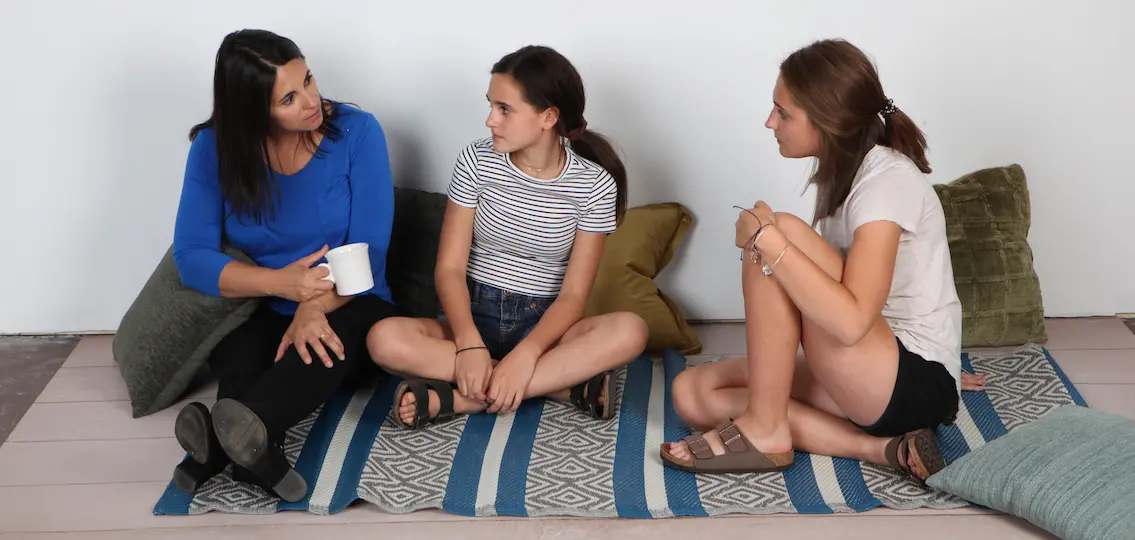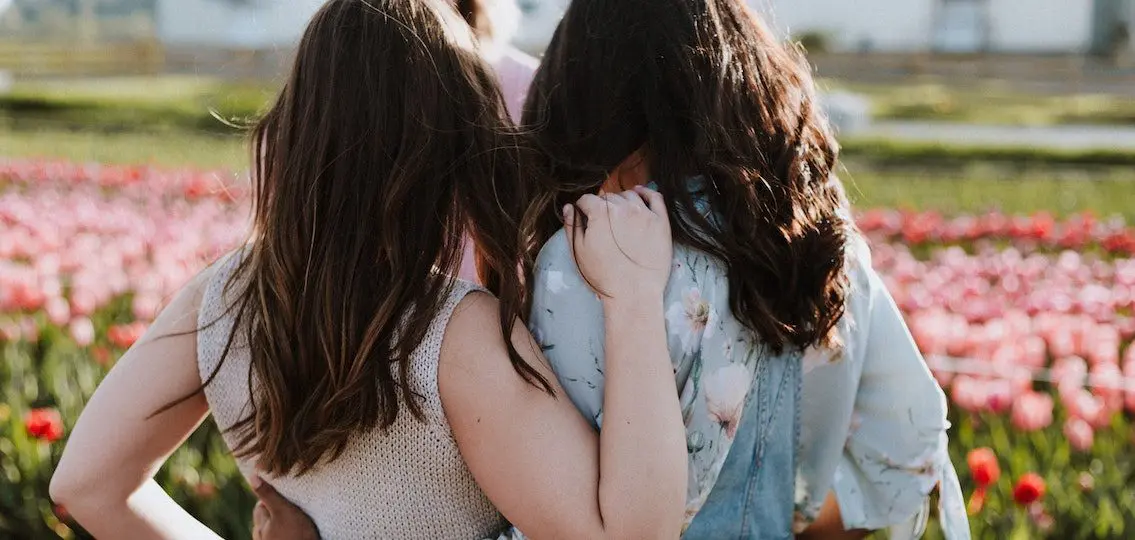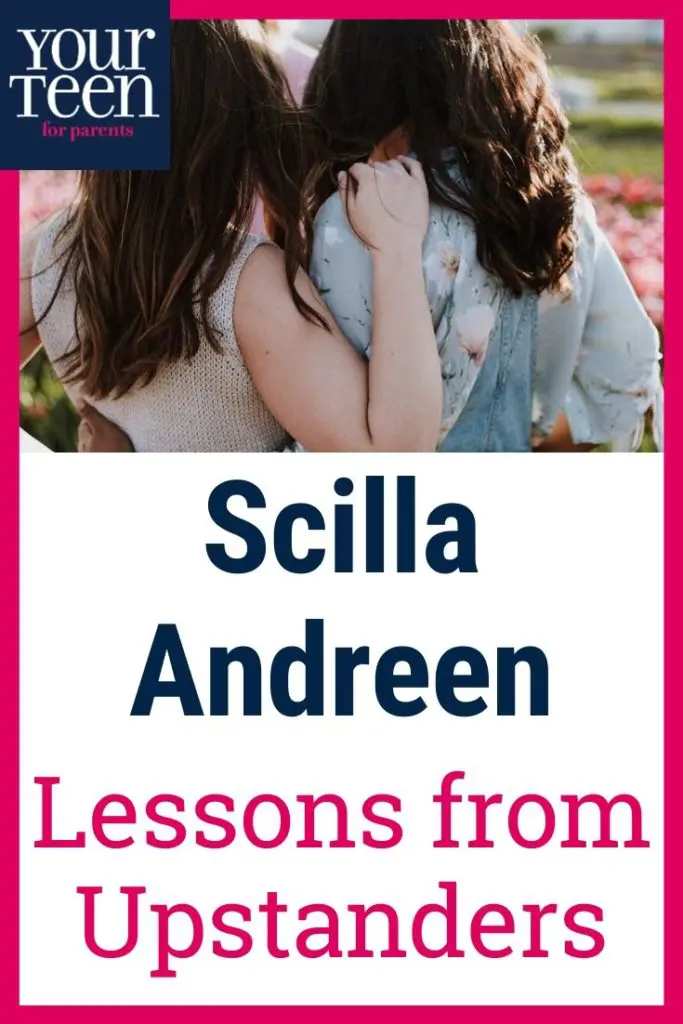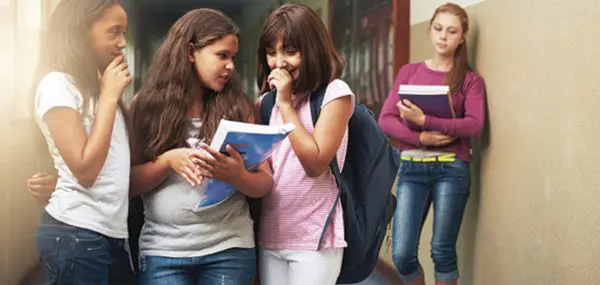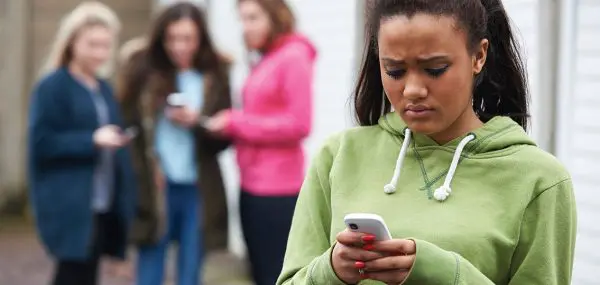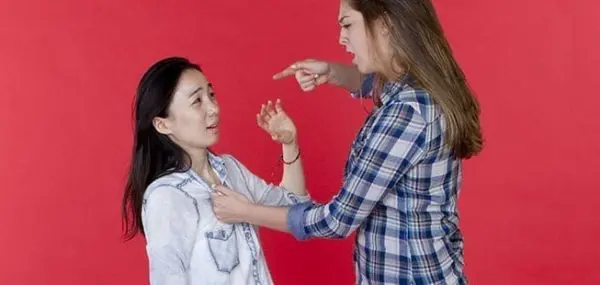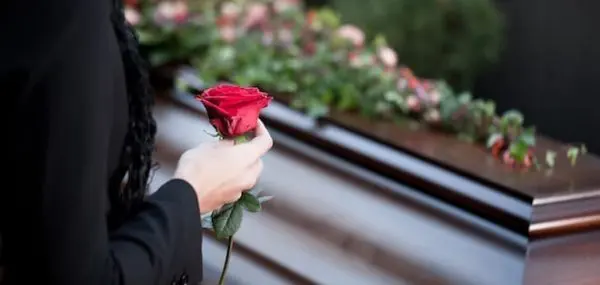Scilla Andreen, CEO, founder, producer, and director of Indieflix and author of The Creative Coping Toolkit, available on Amazon, shares her experience creating the documentary Upstanders and the takeaways she experienced as a mom. The highlights of the interview are outlined below.

Q: Why should we listen to you?
Andreen: You should listen to me because I am a regular person – I am a mother of six who deeply cares about people and their feelings. I am not a licensed professional in mental health or an educator, but I have learned through making the documentaries at Indieflix that everybody can make a difference. It is about a combination of therapy and breaking the stigma, learning how to not judge and not be afraid. You can learn to be kinder to yourself and connect with yourself so you can become a better listener and connect and help other people.
Q: What films have you made so far? What have you learned in the process of creating these films?
Andreen: There have been three films so far: Angst, Like, and Upstanders. Angst is about anxiety, Like explores the impact of social media on our lives, and Upstanders is about online bullying and the power of peers to end bullying. The next two films in the works are Level Up and Lessons Learned. Level Up will be about gaming, and Lessons Learned will be about the state of the schools and burnout of all the levels of involved parties – students, parents, and teachers.
The biggest takeaway I have received from all three movies is that the best way to help is to not rescue and fix. It can be easy and tempting to do so, but we have to trust that we parented our kids well. Let kids have their emotions and process them on their own. There are many ways to start the talk about mental health. When talking with kids, the key is to be a good listener – start the conversation with how much you love them, and point out the good things about them. Sit with them as they figure out how to process their emotions and help them formulate a plan. Let the kid spearhead and lead it, a parent’s job is to help support them. This teaches them to have resilience and grit and how to have faith in themselves.
Q: What was the reaction to Upstanders?
Andreen: Upstanders is about online bullying. You cannot see bullying now – it is not physical, and kids often do not tell their parents. Only one in five kids will tell their parent about online bullying they are experiencing. It might be because they don’t want their phones taken away, or they don’t feel that their parents or their school can do anything about it. With online bullying, kids do not always know who it truly is, and they reach a stage of fight or flight with the people in their life. More comprehensive laws to prevent and protect people from online bullying have started to be enacted, and parents are able to lean in more and do something about it. If a child is experiencing online bullying, it’s important as a parent to approach the kid with a goal to formulate a plan as a family, and not just take away their phone or confront the other child’s parent.
At the screening in LA in early March, 80 percent of the audience was kids. I had set the age limit at 12 because of the suicide story in the documentary, but kids as young as eight were there. After the showing, a line of kids came up to talk to me. I was worried the suicide story would be disturbing for the younger viewers, but the kids said it wasn’t difficult for them to watch as they see stories like that in their personal lives. Some kids asked me if they should tell their parents or go to therapy when someone is being mean to them on their phone, and I responded a resounding yes to both.
Having people on your side to help you is key. A couple of kids came up to me and said that they thought being mean online was the cool thing to do, and they didn’t realize that it hurt people so much. The overall conclusion from the kids at the showing was that the path to a positive outcome is paved by more kids standing up with and for each other. The answer isn’t government, corporations, or schools; the answer is having an awareness to observe the negative talk – and it starts with ourselves. We are all bullies, because we bully ourselves; if we start being kind to ourselves it will lead to better connections with oneself and others.
Q: What is your book, The Creative Coping Toolkit, about?
Andreen: The Creative Coping Toolkit gives ten activities to talk about your feelings in a game setting. These activities are based off of cognitive behavioral therapy and my own experience with social anxiety. For example, one hack is to say something nice about yourself every time you go through a doorway. Another is to have a worry/solution jar set. When someone has a worry, they write it down on a piece of paper and put it in the worry jar. Later, they can come back to the worry jar and take a worry out and come up with a solution, write it on the opposite side of the paper, and then put the piece of paper in the solution jar.
